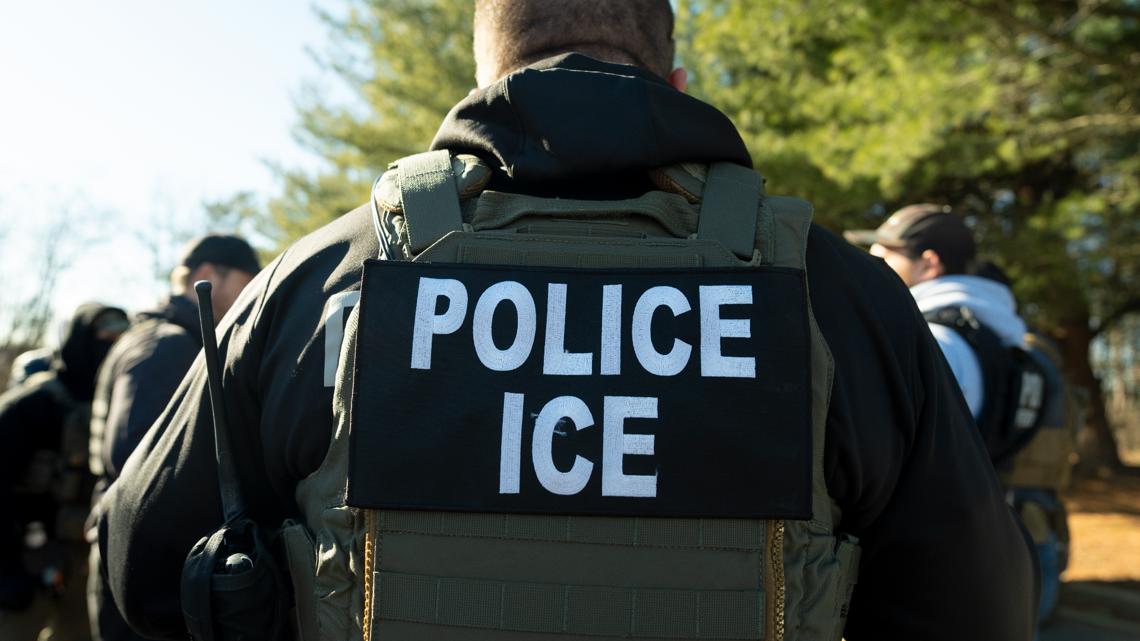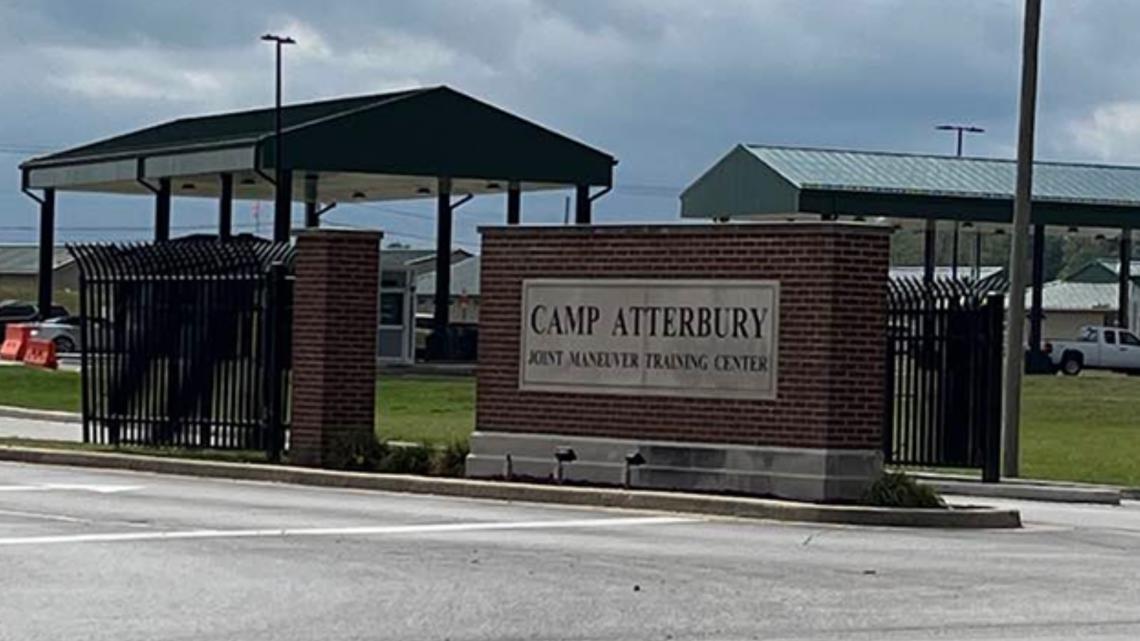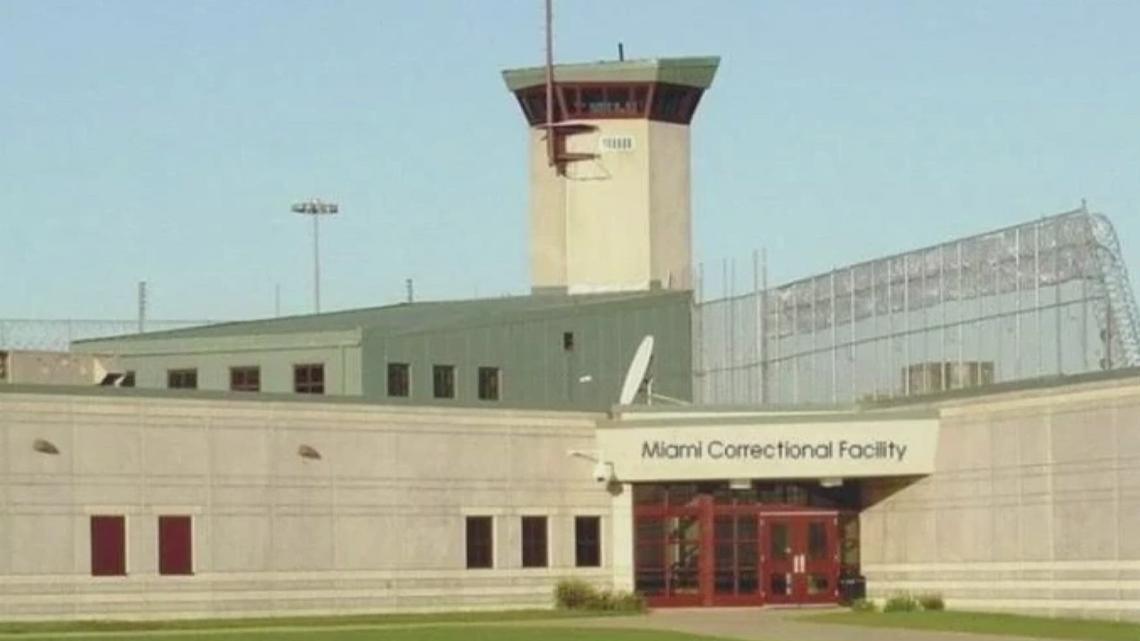On Friday, Gov. Braun said state agencies will help detain undocumented immigrants as part of a new 287(g) partnership with ICE.
INDIANAPOLIS — Hoosiers are continuing to react to Gov. Mike Braun’s announcement about expanded immigration enforcement in Indiana.
On Friday, Braun said state agencies will help detain undocumented immigrants as part of a new 287(g) partnership with ICE.
Advocates at the Immigrant Welcome Center in Indianapolis are worried.
They’re concerned that the ICE enforcement agreement signed by the governor could breed fear and mistrust among all immigrants in Indiana.
“Nobody’s face says undocumented or documented. I’m a brown woman. I’m an immigrant. I’m a U.S. citizen,” said Gurinder Kaur, CEO of the Immigrant Welcome Center. “So if I’m driving a car and I’m stopped, my fear is the fear of any other person. This is going to perpetuate that fear, perpetuate the feeling of ‘I’m not welcome.'”


The pending 287(g) agreement between Indiana and ICE would essentially delegate some federal immigration enforcement powers to local or state officers:
Indiana State PoliceThe Department of CorrectionThe Department of Homeland Security
ICE tells 13News under the “task force model,” designated state troopers, for example at a DUI checkpoint, could flag someone and share information directly with ICE. ICE supervisors then would take the next steps.
Troopers could also participate in ICE-led task forces.
The governor’s office says troopers first will get training. ICE says that will consist of training on immigration law, multicultural communication and avoiding racial profiling.
How much training they’ll receive is unclear.


Immigration attorney John Broyles says, in the past, 287(g) partnerships required about a month of training.
“Four weeks at the law enforcement academy is what we’ve been told,” Broyles said.
But he worries that’s not enough for local or state police officers to handle the nuance of immigration issues, especially since some immigrants may not have documentation because of where they’re at in the process, but they are in the U.S. lawfully.
“For example, just determining what someone’s immigration status is, whether a crime makes them deportable, is an extremely complex area of law. Our fear is that it could lead to unnecessary detentions, prolonged detentions while somebody tries to figure it out,” Broyles said.
Under the 287(g) agreement, the Miami Correctional Facility is making 1,000 beds available to ICE.
That’s about a third of its total capacity.
“It’s a lot of people,” Broyles said.


Camp Atterbury is also available to house 1,000 immigrant detainees.
But how will detention work specifically? That’s still unknown. And that has immigration advocates frustrated and worried.
“There are a lot of unknowns,” Kaur said. “How will this become actualized? We still don’t know yet. And what will the cost of this be on our communities? The emotional cost and the economic cost?”
“We don’t know if Atterbury is going to go live, if so — when. There’s just a lack of information,” Broyles said.
